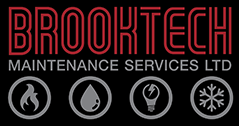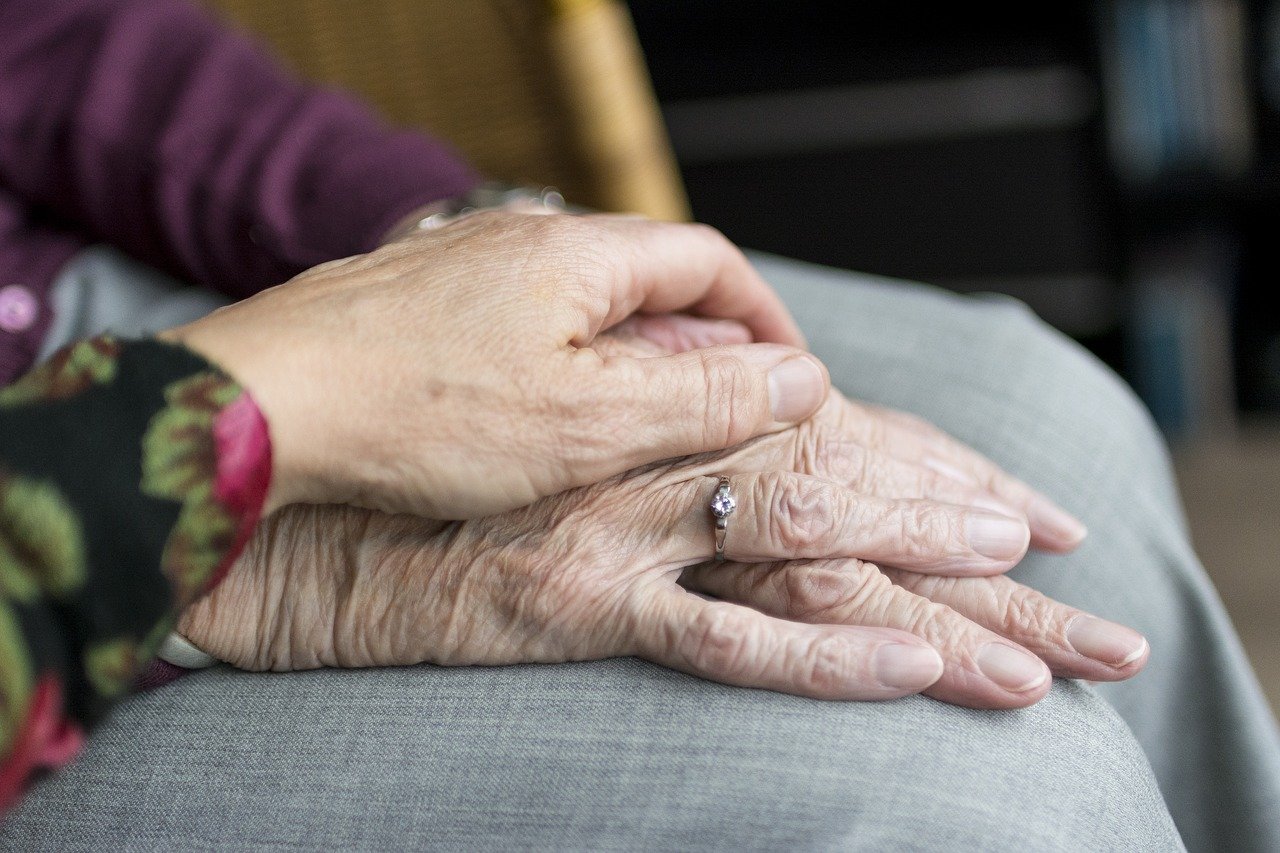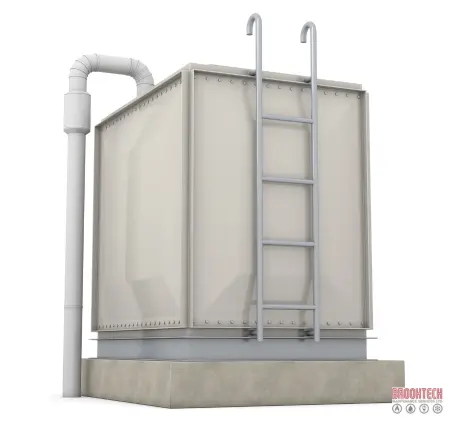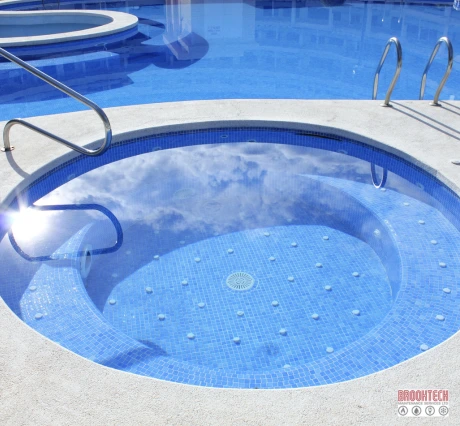Understanding the heightened risk of unsafe water systems in care homes
Residents of care homes are particularly at risk from unsafe water systems. The consequences of Legionnaires’ disease for vulnerable people can be devastating. Failure to comply with water safety regulations can be catastrophic for providers in terms of financial penalties, reputational damage, personal distress and potential criminal investigations.
Even seemingly clean, hygienic and well-run care homes can be at risk of the invisible, potential killer that results from poorly understood management of hot and cold water systems. For care home providers, the rules around the control of Legionella are additionally complicated by the robust legislative framework that applies to them.
The Health and Safety Executive (HSE) and the Care Quality Commission (CQC) plus other external agencies have responsibility for the application of the regulations and for carrying out inspections to ensure they are adhered to. Organisational, managerial and procedural inadequacies can be brutally exposed by poorly defined, poorly executed policies and internal control systems.
The heightened risk of Legionella in care homes
Legionnaires’ disease is caused by the inhalation of pathogenic Legionella bacteria in contaminated water. Certain conditions within hot and cold water systems can lead to a proliferation of the bacteria. This is most often caused by inadequate monitoring and preventative measures.
Certain groups, including those typically in care homes – the elderly and those with compromised immune systems – are particularly at risk of the serious and sometimes fatal consequences of Legionnaires’ disease.
What do care homes need to comply with to keep their water systems safe?
The legislation as it applies to care homes governing compliance with safe water systems is contained within:
- Health and Safety at Work Act 1974
- Control of Substances Hazardous to Health Regulations 2002
- Management of Health and Safety at Work Regulations 1999
- Health and Social Care Act 2008
Health and safety enforcement responsibilities are passed from the HSE to the CQC and local authorities in 2015. The CQC has used its prosecution powers to take action against care home providers where a person has contracted Legionnaires’ disease. CQC inspectors will check for compliance during their inspection processes. The HSE will also pursue prosecution when required.
The CQC has previously acknowledged that its inspectors do not have the technical expertise to physically check water systems but they will seek evidence of safe monitoring and management systems during inspections. Compliance issues might therefore also impact a care home’s CQC rating as well as bring the potential for further enforcement action.
There is a raft of guidance available for the responsible person within a care home as to how to implement policies, procedures, monitoring regimes and mitigating action to ensure safe water systems.
While responsibility lies with the designated person within the organisation, working with a competent contractor is a viable option for ensuring compliance.
Brooktech are experts in plumbing and water treatment in Manchester, Stockport and the wider North West of England. Contact us today to find out how we can work in partnership with you to ensure water systems are safe, the risk of infection is effectively controlled and to ensure regulatory compliance.








